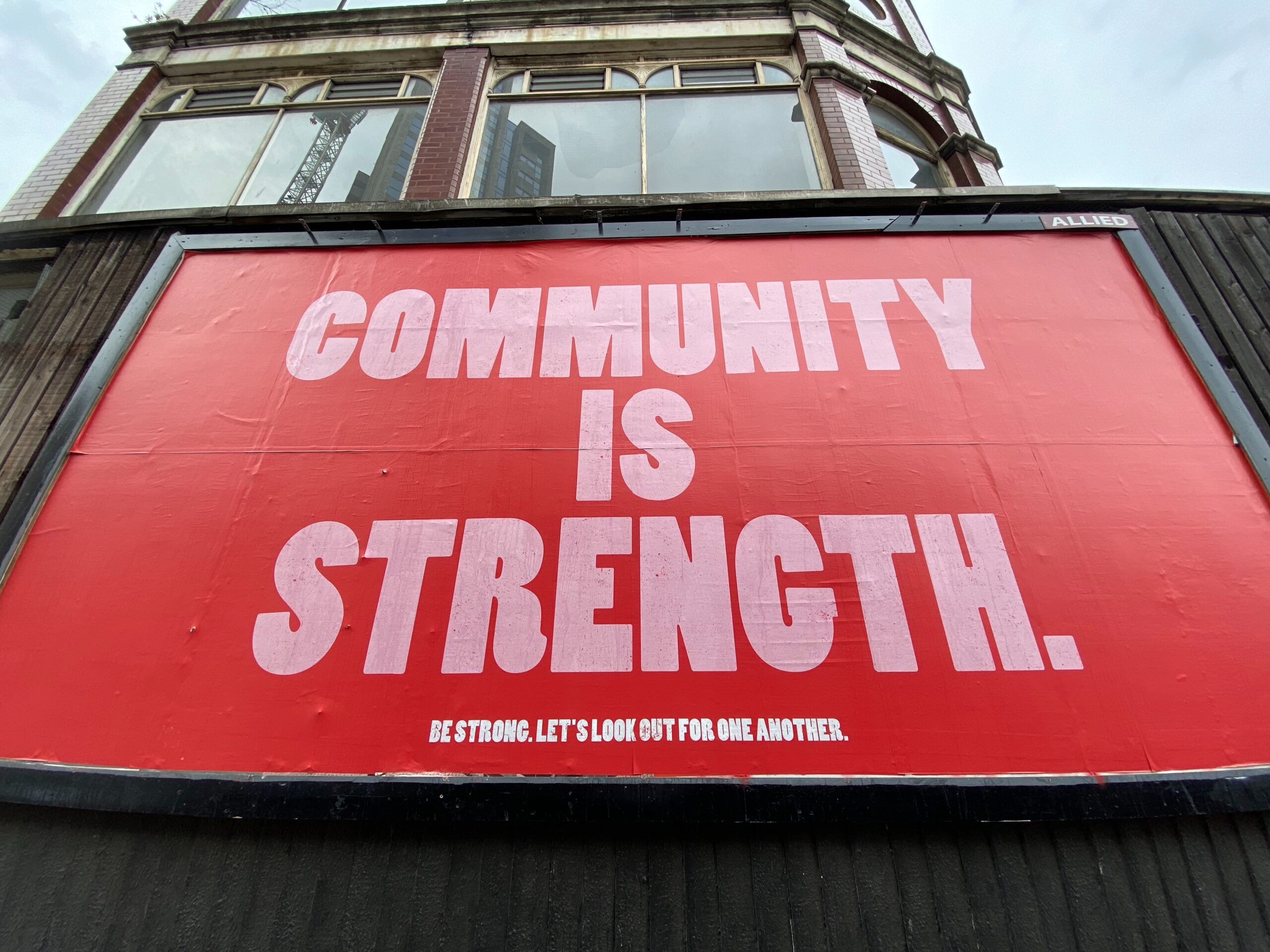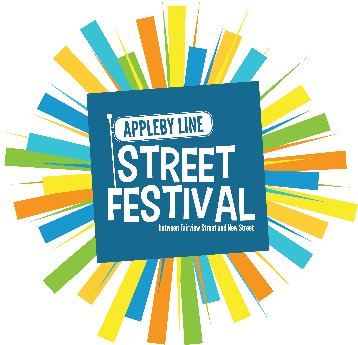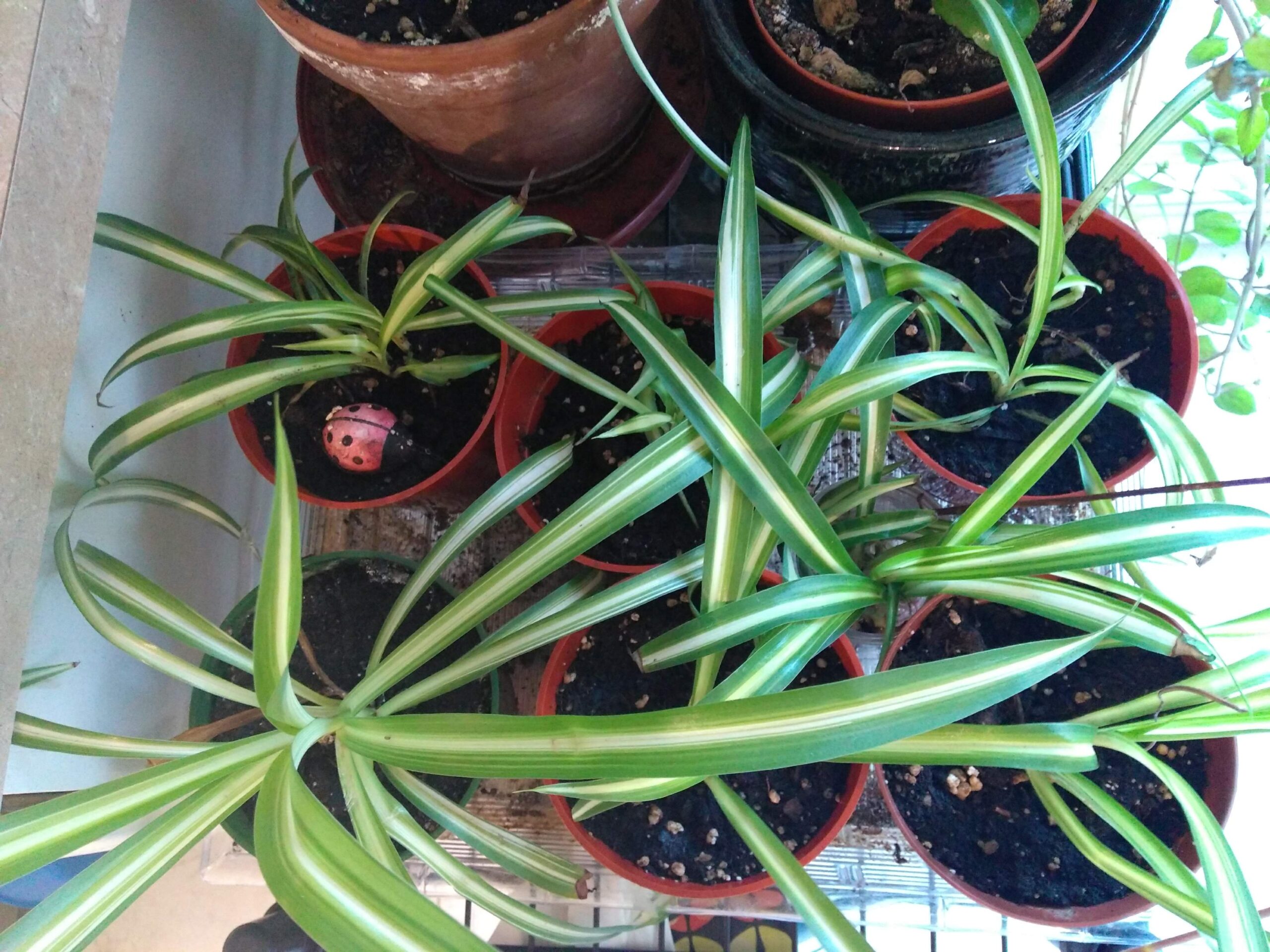Feb. 6, 2024 — United Way Halton & Hamilton
February 11 (2/11) is 211 Day across North America. It is a day of national public awareness, in partnership with United Way Centraide Canada, to highlight the important information navigation service.
211 is Canada’s primary source of information for government and community-based, nonclinical health and social services. The free and confidential service can be accessed in more than 150 languages, by phone, chat, text, and web. 211 helps connect people to the right information and services, making their pathway to care and resources a guided and trusted one.
“With the growing challenges posed by the cost-of-living pressures, more members of our community are reaching out for assistance. It can be quite overwhelming, especially for those who don’t know who they can turn to for support,” says United Way Halton & Hamilton President and CEO, Brad Park. “Help is just three numbers away. The 211 service connects the community to a knowledgeable support worker, helping people access local social services, including programs supported by United Way Halton & Hamilton.”
To help communities cope with increased financial affordability concerns and increased number of social services needs, many local governments have referred residents to 211 to find the help they need. Given its database is the largest inventory of Canada’s community services and government programs and benefits in the country, 211 is well positioned to help people access shelter and food, mental health support, financial counselling, and public safety information during emergencies.
In 2023, the top needs identified by 211 in Halton & Hamilton were housing, such as crisis, domestic violence and homeless drop-in shelters; health, such as support groups, diagnostic services and specialized care; and mental health, such as support groups, counselling and crisis intervention hotlines.
In Halton and Hamilton, 211 received over 7,000 contacts by phone, webchat and email in 2023, with adults (42%) and older adults (13%) making up the majority of clients.
By dialing 2-1-1, residents will reach a knowledgeable, compassionate community navigator trained to listen and support them to find services for their acute needs and any underlying concerns. The navigator will connect them to local community services and programs and inform them of important government benefits and services they can access.
Residents are reminded that they should always call 911 for a life-threatening emergency, when a property is in danger, or a crime is in progress that requires the police, fire or paramedics.
To learn more about 211 services, please visit 211ontario.ca.
Make the right call
911 is the number to call for life-threatening emergencies.
988 is the number to call if someone is thinking or talking about suicide or death, or has a plan to end their life.
211 is the number to call for information on community-based health, social and government services. It is the number to call when you need help but aren’t sure where to turn.
In large cities, 311 is the number established to access information about municipal services (such as by-law enforcement, road repairs, garbage collection, municipal recreation programs, property taxes, etc.).
411 is the number that residents call for business or residential listings (phone book/yellow pages).
811 is the number that residents call for help finding health information and services.




